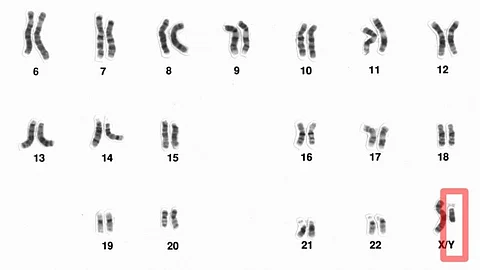Cedars-Sinai research published in 2023 found that loss of the Y chromosome in bladder cancer cells in men helped those cells evade the body’s immune system, allowing the cancer to grow[2].
However, tumors with loss of the Y chromosome also were more susceptible than those with an intact Y chromosome to immune checkpoint therapy.
Given the previous findings, that Y chromosome loss in cancer cells was problematic in most male tumors, study co-senior authors Simon Knott, PhD, assistant professor of Biomedical Sciences at Cedars-Sinai, and Dan Theodorescu, MD, PhD, wanted to investigate the consequences of Y chromosome loss in males with other types of cancer, Knott said.


